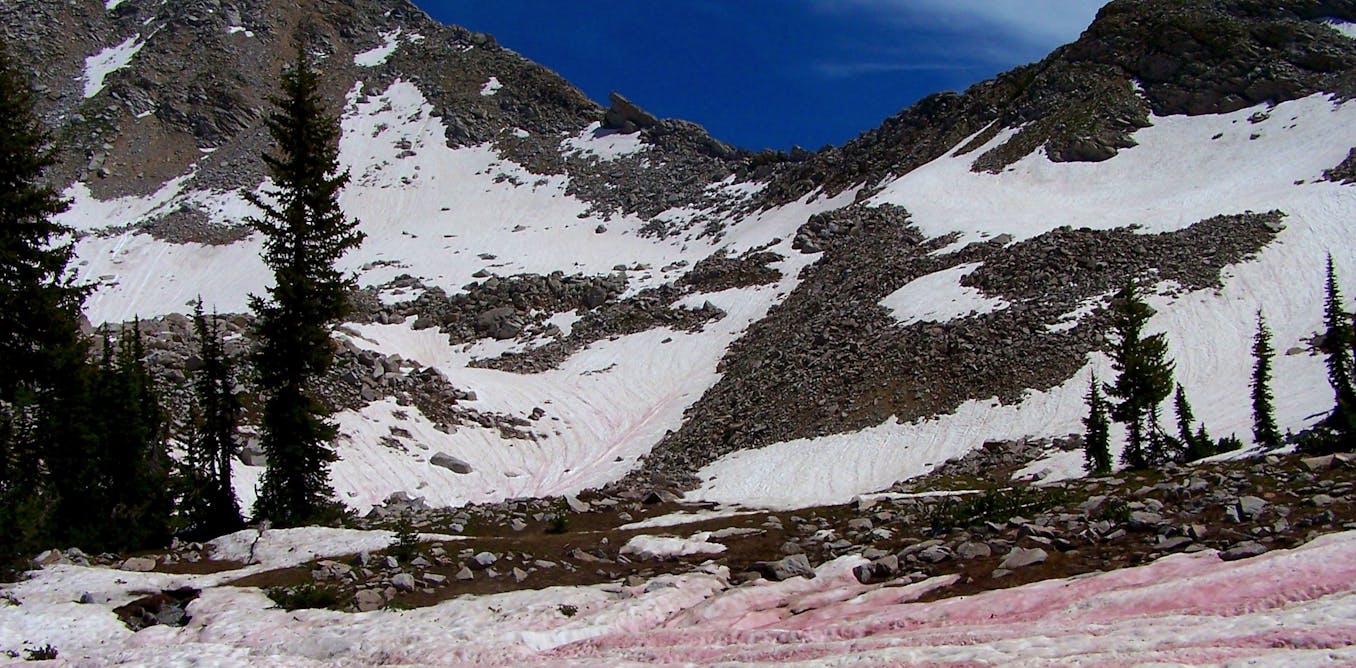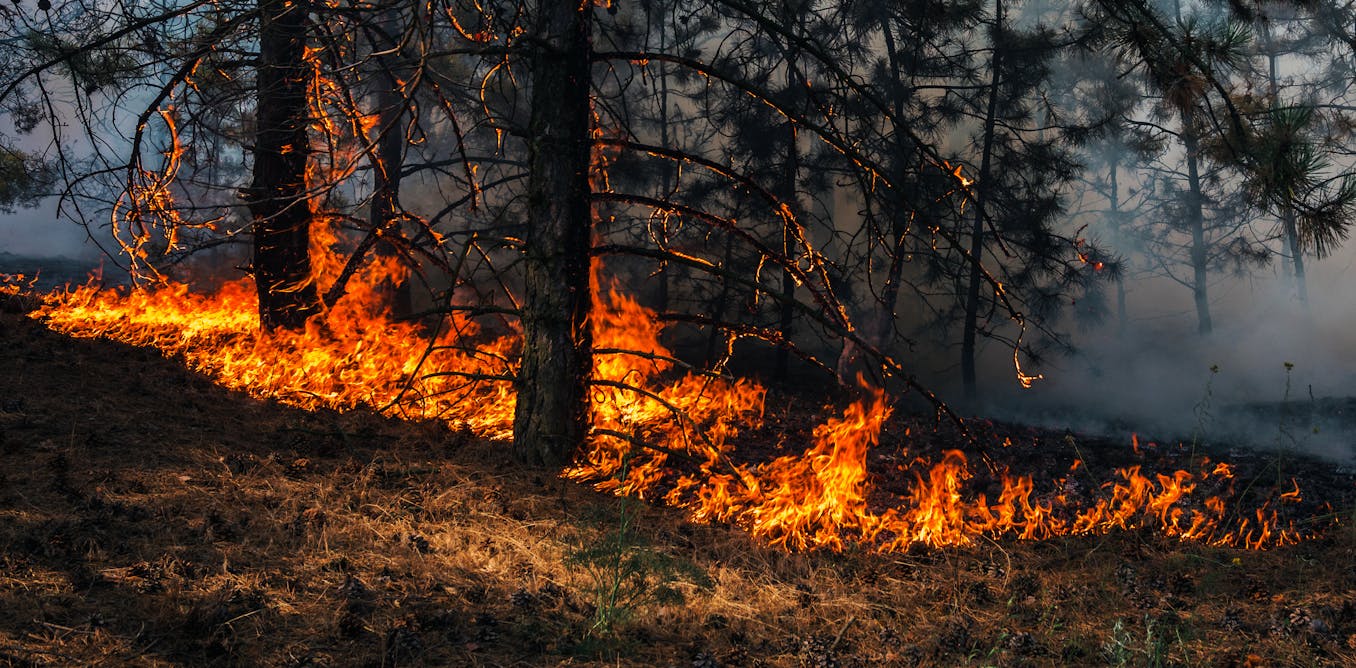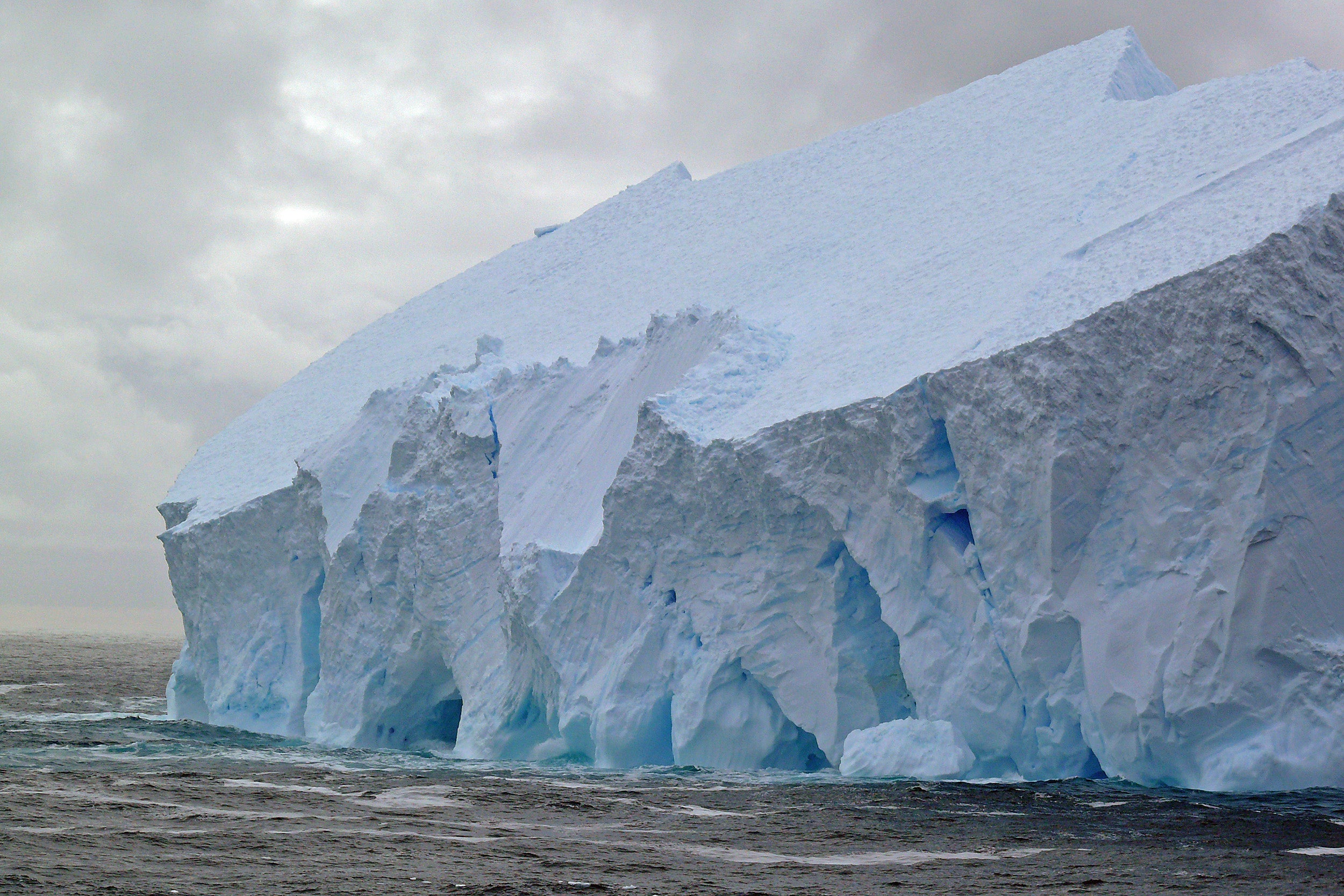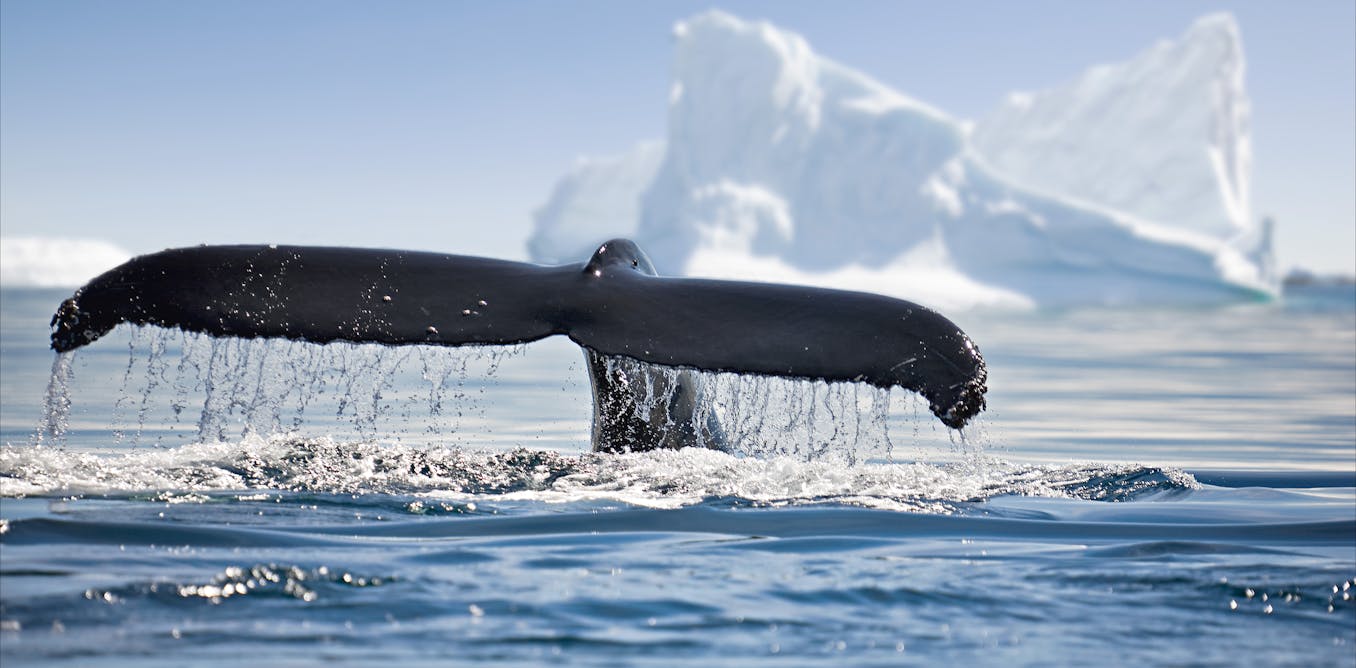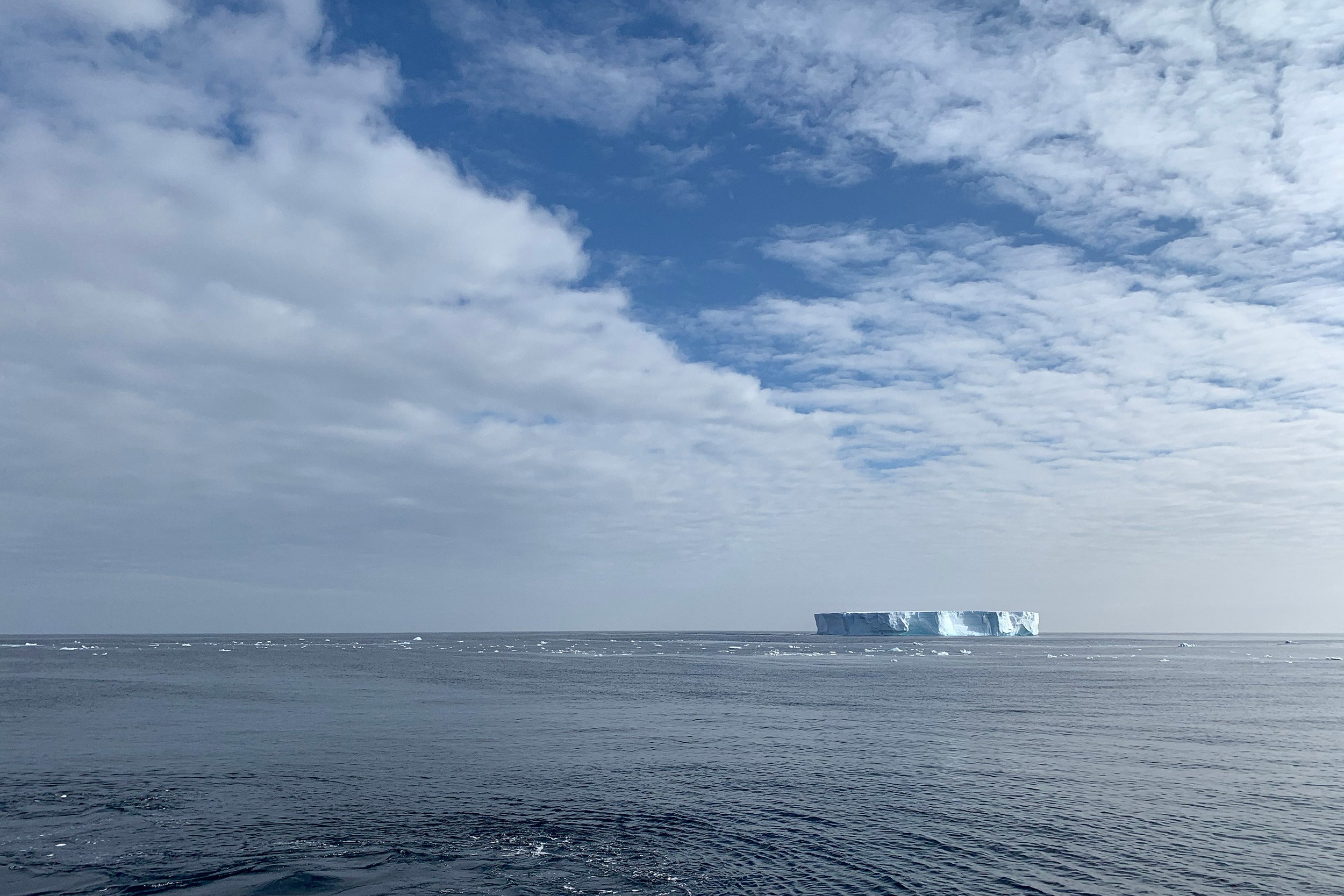Antarctica is headed for a climate tipping point by 2060, with catastrophic melting if carbon emissions aren't cut quickly
If emissions continue at their current pace, Antarctica will cross a threshold into runaway sea rise when today’s kids are raising families. Pulling CO2 out of the air later won't stop the ice loss.
May 17, 2021 • ~8 min
Antarctica's ice shelves are trembling as global temperatures rise – what happens next is up to us
In a new study, we found that a third of Antarctica's ice shelves could collapse at 4°C of global warming.
April 9, 2021 • ~5 min
Scientists at work: New recordings of ultrasonic seal calls hint at sonar-like abilities
Microphones on the seafloor recorded life under the Antarctic ice for two years – inadvertently catching seal trills and chirps that are above the range of human hearing. Could they be for navigation?
Feb. 9, 2021 • ~9 min
200 years ago, people discovered Antarctica – and promptly began profiting by slaughtering some of its animals to near extinction
For 200 years, a small number of countries have exploited the marine wildlife of Antarctica, often with devastating impact on their populations.
Nov. 13, 2020 • ~8 min
Antarctic ice sheets capable of retreating up to 50 metres per day
The ice shelves surrounding the Antarctic coastline retreated at speeds of up to 50 metres per day at the end of the last Ice Age, far more rapid than the satellite-derived retreat rates observed today, new research has found.
May 28, 2020 • ~6 min
/
5

